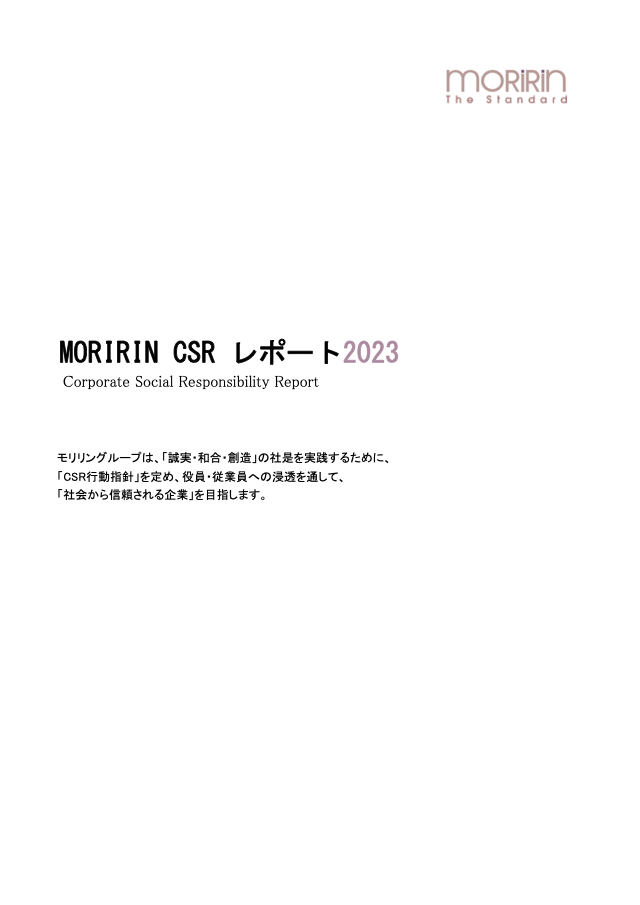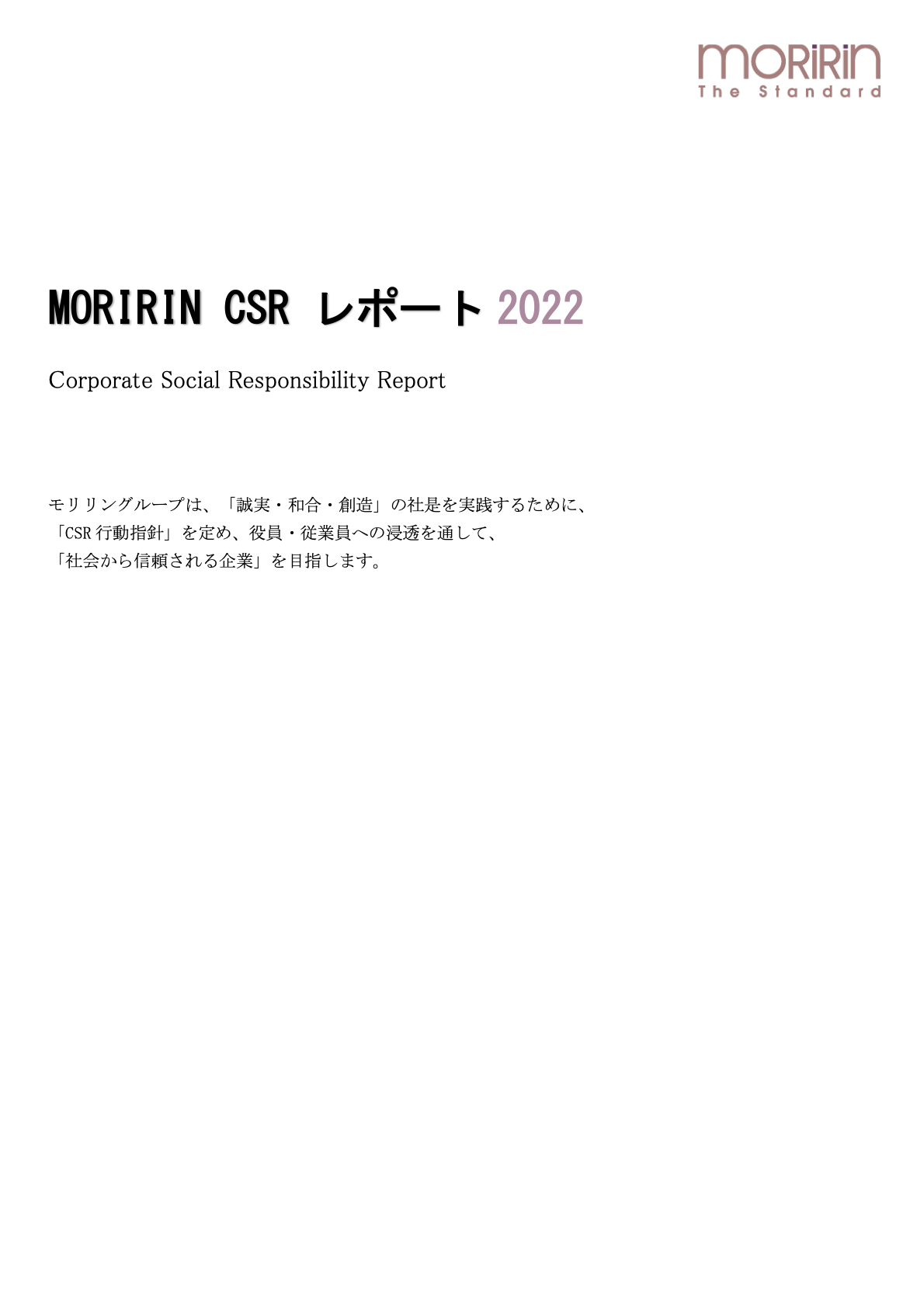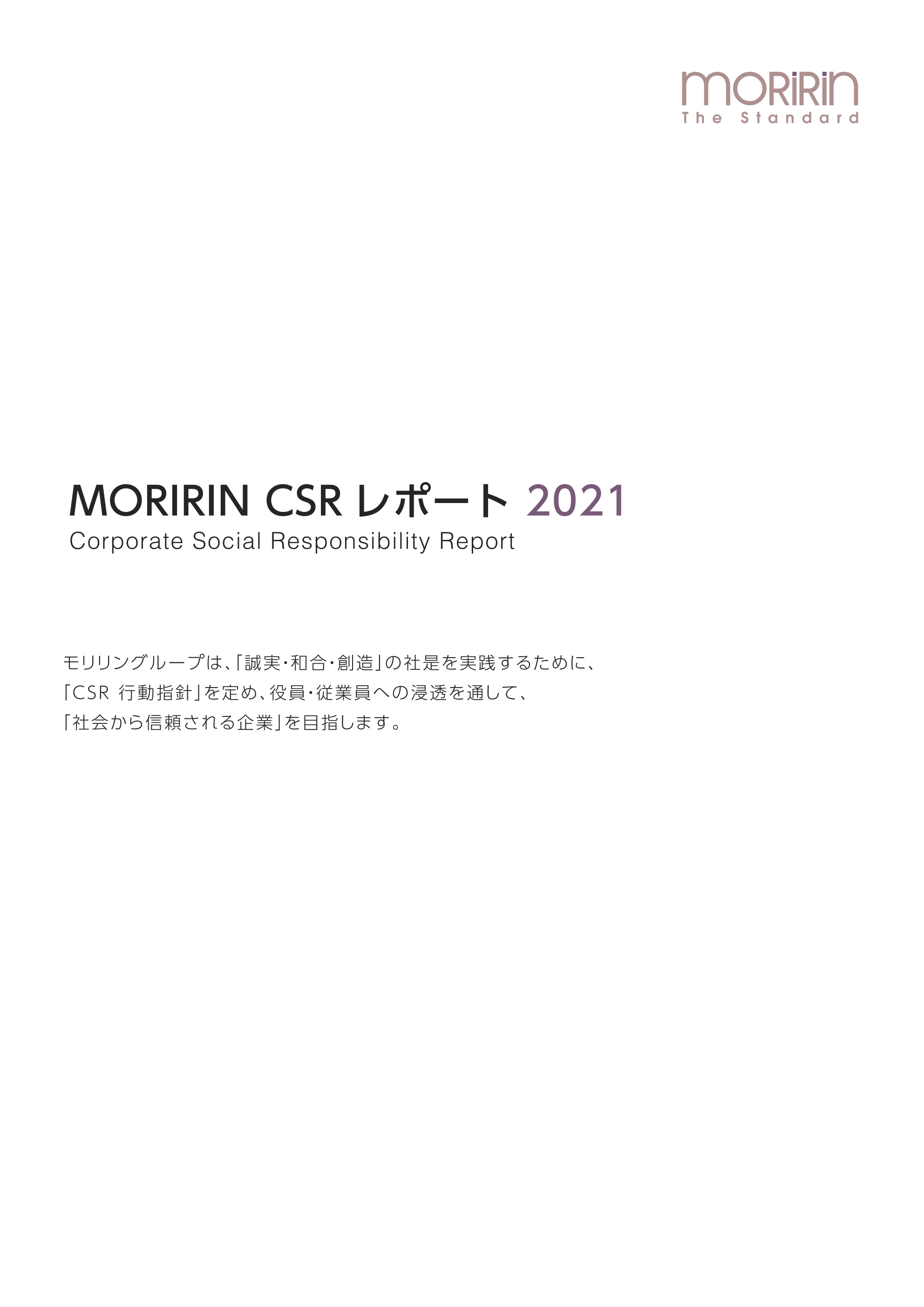Environmental problems attract huge global attention regardless of the industry we belong to. The total production volume of textile products rolled out for Japan, which we are part of, was estimated to be more than 3.7 billion units in 2016. It is doubtful if consumers in Japan actually buy all the items produced.
It is a reality that some of these products end up as “dealer stock” or are disposed of before they reach consumers.
To address this waste problem, we have launched a project based on a proposal of ours.
Moririn Eco-project –M.E.P
“Let us conserve the global environment and its resources, and thereby contribute to the creation of a sustainable society in which people can stay healthy” — the journey from yarn, to all things under the sun.
We have made the above our project philosophy and are aiming to promote the application of a circular economy in which we “use, manufacture, collaborate, and re-use”
We will also advance our initiative to deepen our involvement in environment issues and in local communities, so that we can achieve a sustainable society together with our employees.
Participation
Kaoru Noda

Our own initiative
Involvement in the environment
We first began a tree planting project back in the early 1900s. Over the years, the founders of this project had been cultivating rugged hills in order to plant and grow Japanese cedar and cypress by themselves. That site is located in City of Gujo in Gifu prefecture. It comprises 71 hectares of land in Yamato district and 146 hectares of land in Meiho district.
FSC® Certified Forest
Gujyo Forest Association has obtained FSC certification for a part of its forests. Strict criteria are required for managing FSC certified forests. There are 2,305 hectares of FSC certified forests in Gujo City, among which our corporation has obtained FSC certification for those with an area equaling to 217 hectares.
FSC®
Forest Stewardship Council® (FSC®) is an international non-commercial organization that operates in order to properly utilize and protect forests. FSC® is also a non-commercial organization that manages the international forest certification system.


Involvement in local communities
We sponsor the fashion and bicycle event “Tweed Run” first initiated in England. The Tweed Run began in London in 2009. This is an event in which participants are clad in clothes made of tweed and cycle through the streets joyfully. Nowadays such events are held in New York, Florence, and Canada in their own right. The first such event in Japan was held in Tokyo in 2012, and held in Tokyo and Aichi prefectures in 2013. Since then it has continued to be held until this day.


MORIRIN ECO PROJECT
Let us conserve the global environment and its resources, and thereby contribute to the creation of a sustainable society in which people can stay healthy
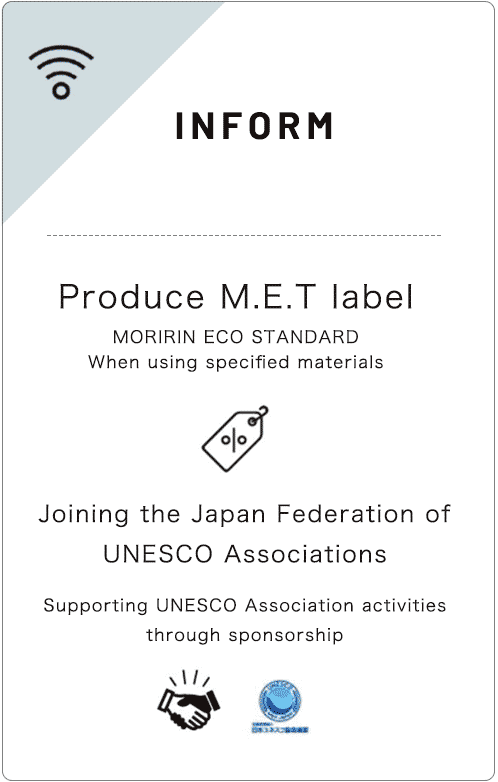
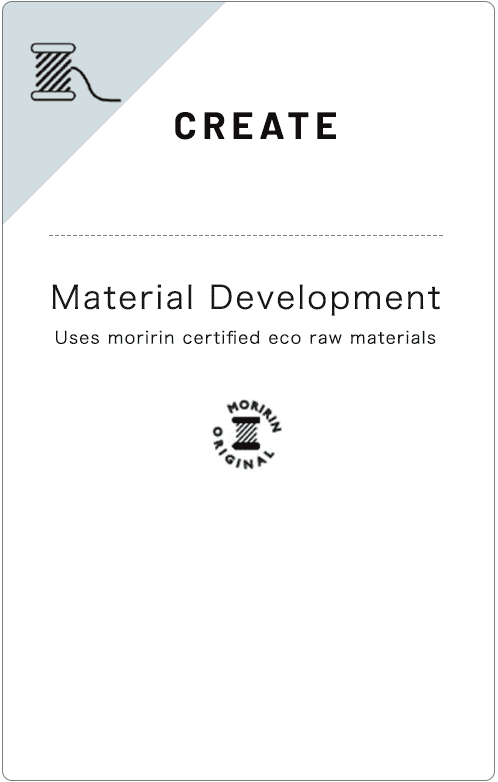
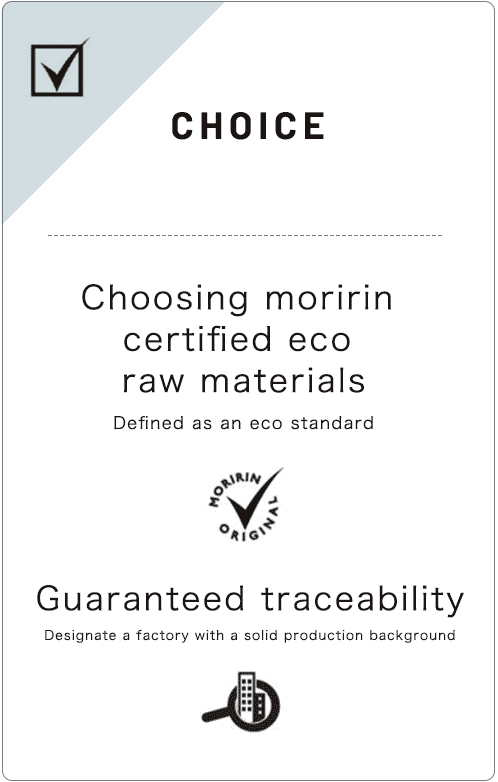


Remind ourselves that this is a company which must take action aimed at sustainable development, and fully partner with collaborating companies to carry out the action.

Pursuing the idea and hope of equality, regardless of race, nationality and gender, will lead to concrete action.

As a general textile trading company, take responsibility for everything from materials to products in an effort to realize sustainability.

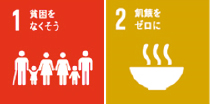
As part of the economic activities we conduct in developing countries and regions, we promote stable production activities.
↓Through our production activities, we contribute to stabilizing individual incomes and thereby help alleviate poverty and hunger in the concerned regions.
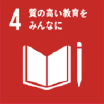
As a maintenance member, we joined the National Federation of UNESCO Associations in Japan, which embraces the idea of safeguarding peace through international cooperation in Education, the Sciences, Culture and Communication. Donations are made to support the World Terakoya Movement.
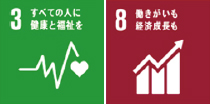
Initiatives undertaken with companies that share a common understanding of how to respect the human rights of people from different cultures and different generations, as well as the importance of compliance
↓Strive to ensure an adequate standard of living in a decent working environment.
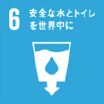
Use materials that show consideration toward the global environment together with our partner companies, and comply with proper production and processing methods.


Promote the use and development of materials conducive to a circular economy and environmental conservation in order to conserve marine and land resources.
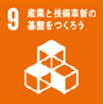
Establishment of new scheme using 3D Cad
↓While avoiding risks associated with the declining workforce in Japan, strive to create new textile industry and jobs.
As a member of National Federation of UNESCO Associations of Japan,
Moririn supports the activities of World Terakoya Movement.

In terakoya (small private schools found in temples) in Cambodia, adults and children who didn’t have an opportunity to receive education due to poverty or other reasons are, for their better future, learning in a wide range of areas such as reading and writing, vocational trainings, elementary education, etc.





